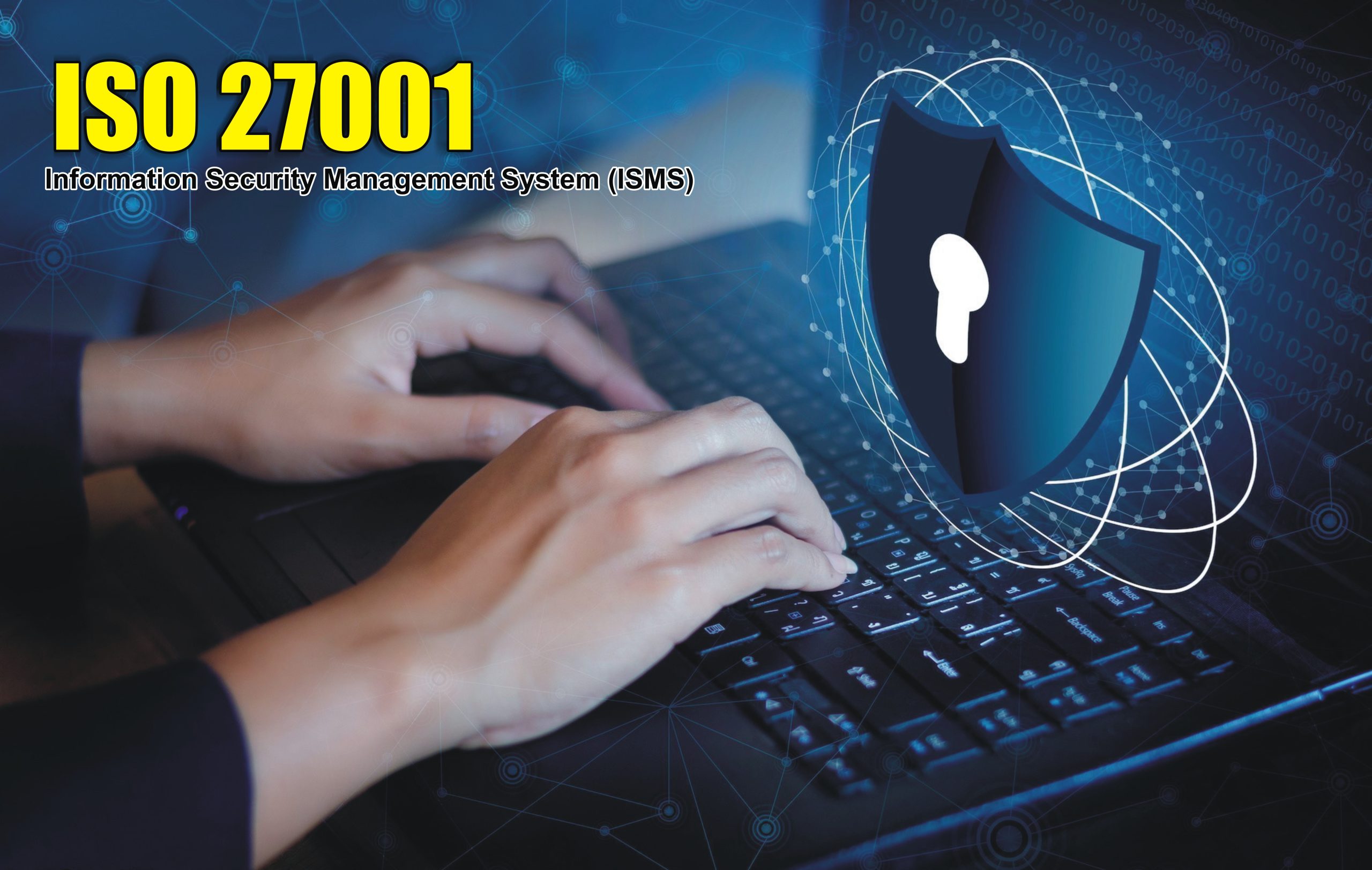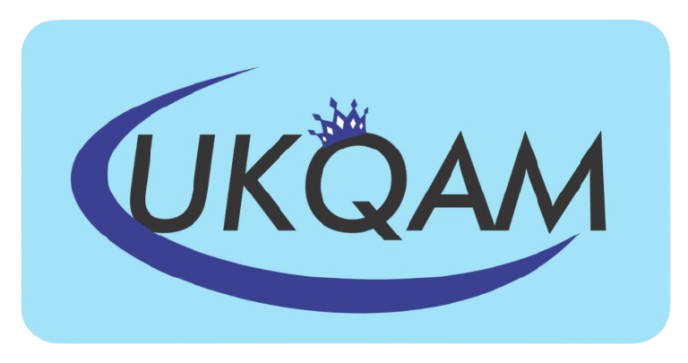
ISO 27001 Information Security Management System
This standard is vital for organizations handling sensitive information. It sets out the requirements for an information security management system (ISMS). Implementing ISO 27001 helps organizations systematically manage information security risks, protect confidential data, and ensure the availability, integrity, and confidentiality of information. Industrial requirements include safeguarding customer data, complying with data protection regulations, and managing cybersecurity risks. Benefits of ISO 27001 implementation include enhanced information security, reduced risk of data breaches, improved business resilience, and increased trust from customers and business partners.
Benefit of ISO 27001
ISO 27001, also known as the International Organization for Standardization's Information Security Management System (ISMS) standard, provides a framework for establishing, implementing, operating, monitoring, reviewing, maintaining, and improving an organization's information security management system. Adopting and implementing ISO 27001 can bring several benefits to an organization's ITMS (Information Technology Management System). Some of these benefits include
01
Enhanced Information Security
ISO 27001 helps organizations identify and mitigate risks to their information assets, ensuring the confidentiality, integrity, and availability of sensitive information.
Legal and Regulatory Compliance
Compliance with ISO 27001 demonstrates an organization’s commitment to information security and can help meet legal and regulatory requirements related to data protection and privacy.
02
03
Increased Customer Trust
ISO 27001 certification can significantly enhance customer trust and confidence. It demonstrates that an organization has implemented robust security measures to protect customer data and sensitive information
Improved Risk Management
ISO 27001 promotes a risk-based approach to information security management. It helps organizations identify and assess risks, implement appropriate controls, and establish incident response and business continuity plans.
04
05
Business Continuity and Resilience
ISO 27001 emphasizes the importance of business continuity planning and disaster recovery. It helps organizations establish processes and procedures to ensure the availability of critical systems and data during adverse events, such as natural disasters, cyber-attacks, or system failures. This resilience ensures that the organization can continue its operations with minimal disruption.
Cost Savings
Implementing ISO 27001 can lead to cost savings in several ways. By identifying and mitigating security risks, organizations can avoid the financial repercussions of data breaches, including legal liabilities, reputational damage, and customer churn.
06
07
Continuous Improvement
ISO 27001 promotes a culture of continuous improvement in information security management. It requires organizations to regularly monitor and review their security controls, assess their effectiveness, and identify areas for improvement.
How to complete the ISO certification
02
Get the quotation for the ISO certification
03
Certification audit is conducted to verify the requirements.
04
ISO certificate is issued on the basis of audit results.
Get intouch
Have a question or just want to say hi? We’d love to hear from you.

